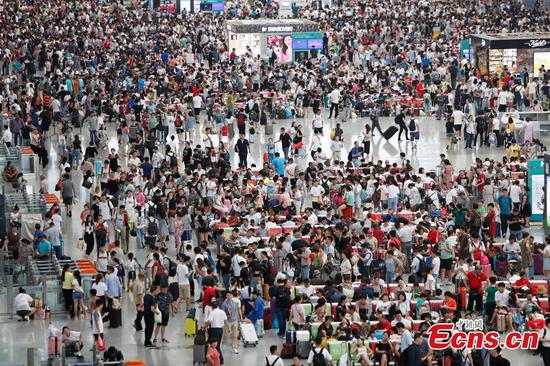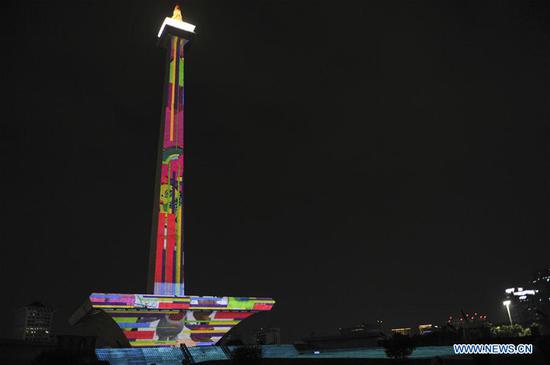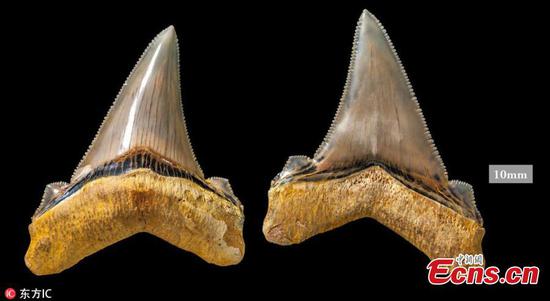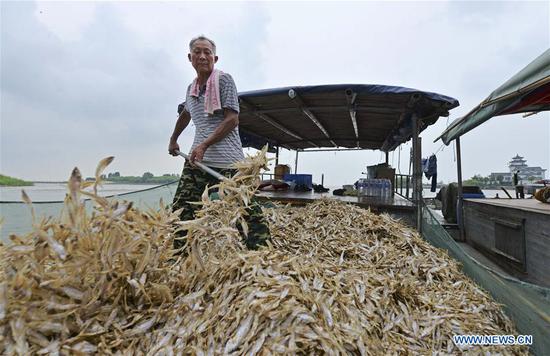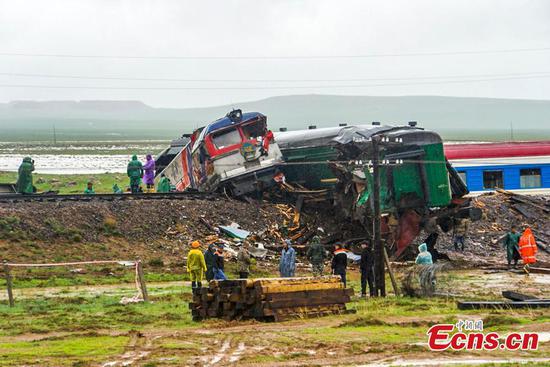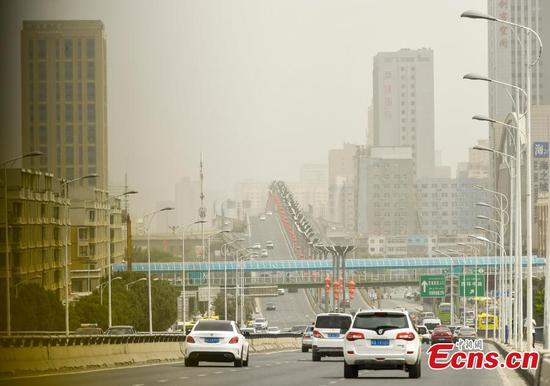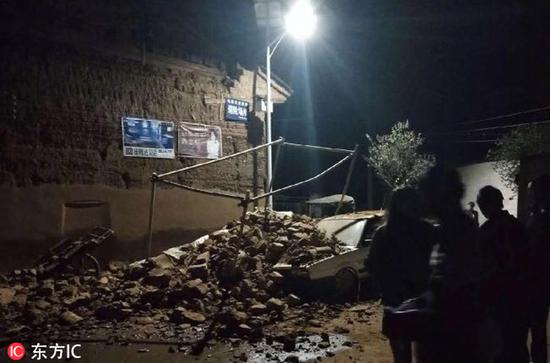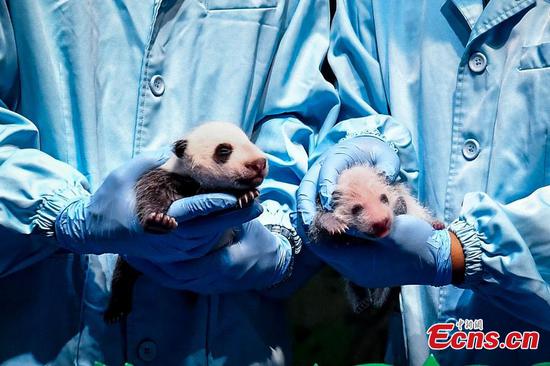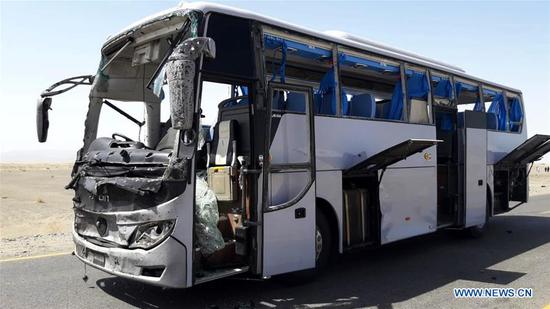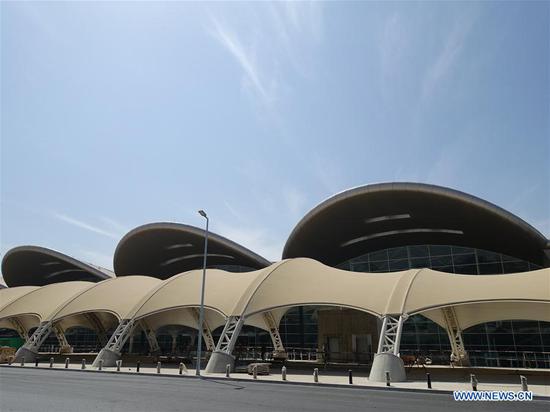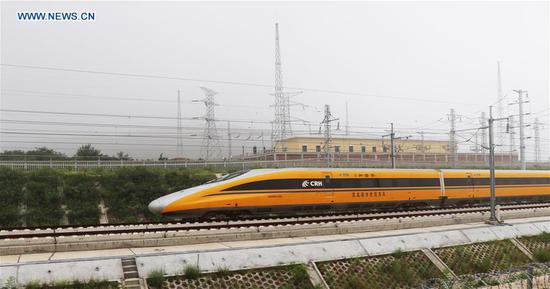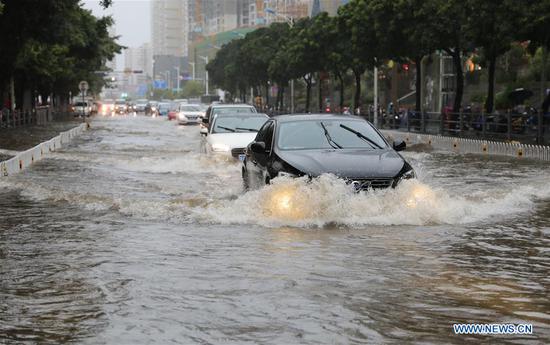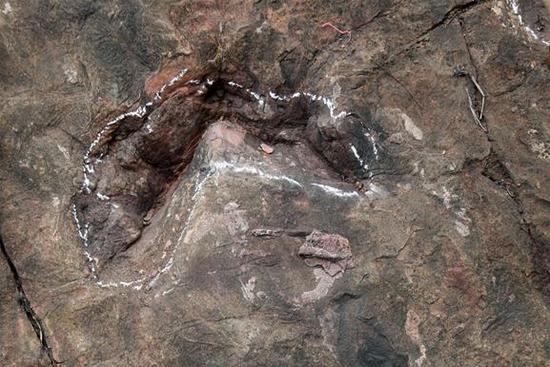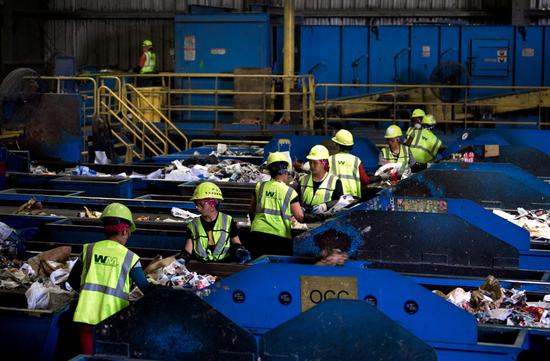
Workers sort material for recycling at the Waste Management Material Recovery Facility in Elkridge, Maryland, United States, in June. For months, this major recycling facility for the Greater Baltimore-Washington Area has been paying to get rid of huge amounts of paper and plastic it would normally have sold to China. (Photo provided to China Daily)
Countries feel cutting edge of National Sword campaign
China's National Sword campaign, banning imports of plastic waste, has had a significant effect on the global recycling industry since it took effect in January.
Countries accustomed to dumping their plastic waste in China are scrambling to come up with new systems, while piles of waste grow at the docks.
The country's once-thriving scrap plastics importing and processing businesses — where the world's discards were sorted, shredded, cleaned, melted and transformed into polyester for clothing and a range of other products — are also having to adjust.
With an estimated 45 to 55 percent of the world's discarded plastic heading to China for the past 25 years, this global system has suddenly been turned on its head.
Some 106 million metric tons of developed countries' plastic waste had been shipped to China for recycling since the United Nations began tracking the flow in 1992. A new study predicts that because of the ban, 111 million tons of such waste will be displaced by 2030.
The lead author of the study, titled The Chinese Import Ban and its Impact on the Global Plastic Waste Trade, is Amy Brooks, a doctoral student at the New Materials Institute of the University of Georgia's College of Engineering in the United States. The study appears in the current issue of the journal Science Advances.
"There is lots of uncertainty about what is going to be happening to this displaced waste," she said. "It could be sent to landfills, burned or buried, or sent to other countries that do not necessarily have the infrastructure to manage it."
Brooks said her study found that China imported plastic waste from at least 43 countries in 2016. All of these nations are likely seeing the impact now, she said.











